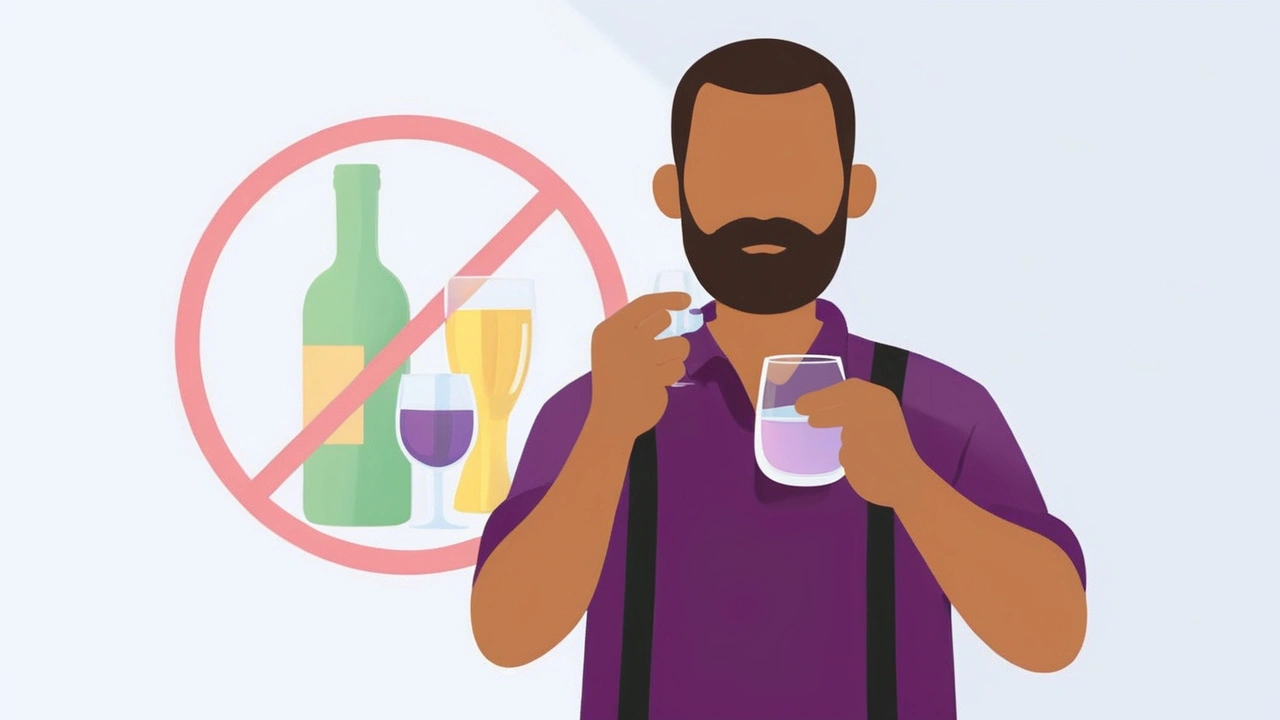This article examines why it is crucial to avoid alcohol consumption while taking antibiotics. It highlights expert advice from health professionals on the potential risks, adverse effects, and specific antibiotics that can cause severe reactions when combined with alcohol. Understanding these interactions is essential for a smooth and effective recovery process.
Alcohol and meds: what you should know
A drink can turn a harmless pill into a serious problem. Mixing alcohol with medicine changes how drugs work, raises side effects, and can harm your liver, heart, or brain. Below are clear, practical facts about common risks and simple rules you can use right away.
Common risky combos
Metronidazole (Flagyl) and tinidazole — these are big ones. Drinking while taking them, or for 48–72 hours after, can cause flushing, nausea, vomiting, fast heartbeat, and headache. That’s called a disulfiram-like reaction. If you’re prescribed metronidazole, skip alcohol entirely during treatment and for a couple of days after.
Isotretinoin (Accutane) — alcohol stresses the liver and can raise triglycerides. On isotretinoin you should avoid heavy drinking; your doctor will usually monitor liver tests and lipids and often advise avoiding alcohol for the whole treatment.
Levetiracetam — alcohol adds to drowsiness, dizziness, and can worsen seizure control. Drinking while on anti-seizure meds risks breakthrough seizures and accidents. If you have epilepsy, avoid alcohol or keep intake very low and consistent with your doctor’s advice.
Quetiapine, Buspar (buspirone), and many psychiatric meds — mixing with alcohol increases sedation, slows thinking and reaction time, and raises fall risk. Combining can also reduce the medication’s benefit or cause dangerous low blood pressure.
Diuretics like furosemide (Lasix) — alcohol can dehydrate you and lower blood pressure more, which may cause fainting or dizziness. If you take a diuretic, be cautious, hydrate, and avoid binge drinking.
Antibiotics such as azithromycin (Zithromax) and cefuroxime (Ceftin) don’t usually cause a formal alcohol reaction, but alcohol can slow recovery and increase side effects like stomach upset or dizziness. Still, avoid heavy drinking while you’re sick.
Practical rules to stay safe
Read the label and prescription notes. If the leaflet says "avoid alcohol," follow it. Ask your pharmacist: they know specific interactions for your meds.
Time it. For some drugs you only need to wait a day or two; for others (metronidazole, isotretinoin) avoid alcohol during treatment and for the recommended window after.
Watch for warning signs: severe nausea, fainting, fast heartbeat, confusion, shortness of breath, or seizures. If any of these happen after drinking on meds, get medical help right away.
If you’re unsure, skip the drink. Few meds require total abstinence forever, but a conservative approach keeps you safe. Talk to your prescriber if alcohol is part of your routine—they can adjust doses, suggest alternatives, or set monitoring plans.
Need quick help? Your pharmacist is a fast, free resource. They can flag risks and tell you exactly how long to wait after a prescription. Small caution now prevents big problems later.

